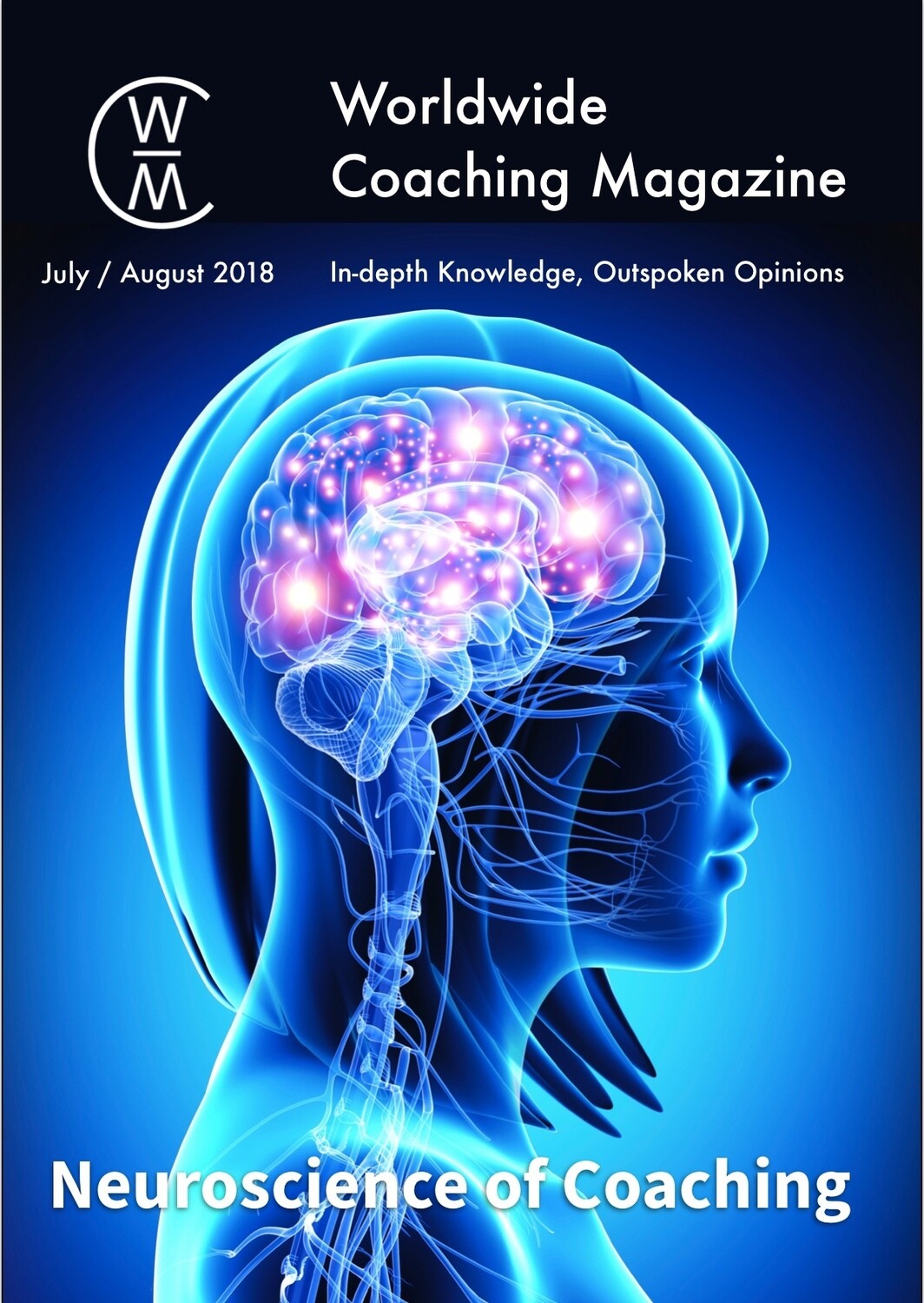
These e-books are available for FREE on Bookboon.com
Online Store
Instant download after purchase!
Neuroscience of Coaching
Coaches are change agents. As a coach, some of the ways you support clients in creating lasting change is by helping them build mindfulness, self-awareness, self-motivation, resilience, optimism, and self-efficacy.
A knowledge of brain science can help coaches understand their clients’ experiences and behaviour more accurately. It can provide coaches with additional, brain friendly tools and strategies to help their clients effect change. And knowledge of neuroscience can give coaches confidence that their theories and practices are valid.
But is there real science in neuroscience?
Suzanne Henwood and Grant Soosalu answer this question in their brilliant article (page 28). They quote Anthony Grant who said that “it is clear that there is little empirical data that directly links neuroscience research to coaching-specific outcomes, and it is clear that there are large conceptual holes in the arguments and conceptual frameworks underpinning neurocoaching and in the attempted links between neuroscience and coaching”.
Good, evidence-based coaching that is solidly grounded in the behavioural sciences does not need pseudo-neuro psychobabble or pseudoscience to find a market … let’s be frank about it, there’s a lot of nonsense talked about neuroscience and coaching.
In this edition we offer you the knowledge and tools to make an informed decision about the validity of neuroscience in coaching.




